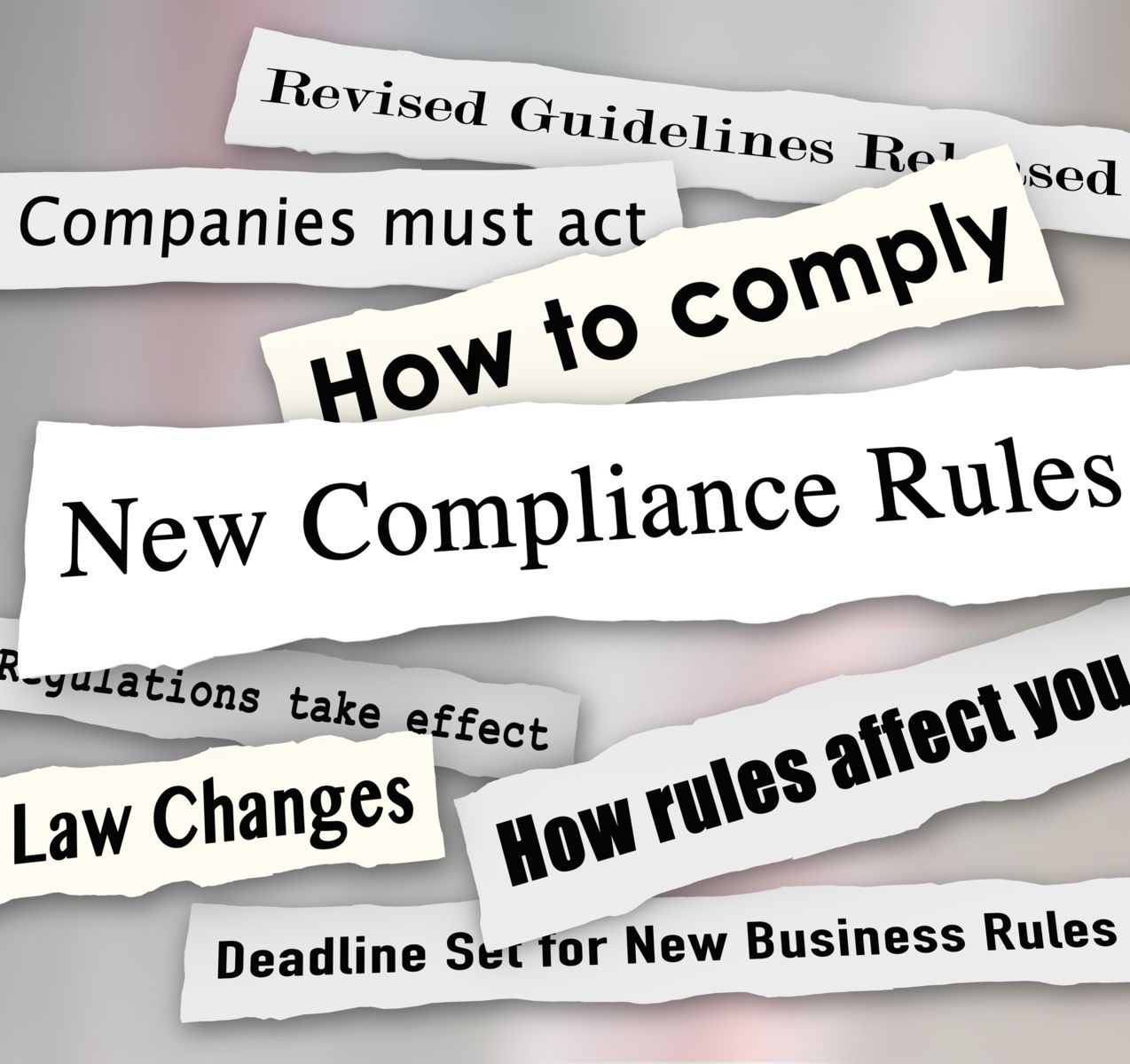Blog
New CT Laws Affecting Employees and Employers
The Connecticut Legislature recently passed two Public Acts that will have significant impact on the employment relationship. The following is a summary of both Acts for your consideration.
Public Act 21-30 takes effect this month and requires an employer to disclose the wage range it anticipates relying on when setting wages for a particular position. According to the Act, this may include reference to any applicable pay scale, any previously determined range of wages for the position, actual range of wages for current employees holding comparable positions, as well as the amount budgeted for the position. The Act applies to virtually every employer in the state, even if its employees are located outside of the physical borders. The disclosure requirement extends not just to existing employees but to job applicants as well. The new Act defines "wages" as compensation for services or labor rendered by an employee where the amount is determined on a time, task, piece, commission, or other basis of calculation. In some good news for employers, applicants may only seek wage range information for a position to which they are applying; the employer is not required to provide the applicant with information concerning the amount of wages paid to others.
The Act's scope is not limited to what employers must disclose to employees and applicants but affects how employees interact with each other. The Act now allows employees to inquire of others regarding wages without being subject to retaliation by the employer. Any applicant or employee who believes that the new Act has been violated may file a civil action within two (2) years of the alleged violation seeking compensatory damages, attorney's fees, costs, punitive damages, and other relief. Parties may also seek redress through the Commissioner of Connecticut's Department of Labor ("DOL"), but the DOL is not authorized by the Act to seek damages for the applicant or employee, though they may issue a civil penalty against the employer in violation.
Effective January 1, 2024, Public Act 21-200 will make sweeping changes to Connecticut's unemployment compensation framework. According to Governor Lamont, the Legislation was intended to address the longstanding insolvency of Connecticut's unemployment compensation fund. The Act increases the amount of unemployment tax employers will be required to pay into the fund but decreases the amount paid out to employees.
Some of the most impactful changes include: increasing the taxable wage base from $15,000 in 2023 to $25,000 in 2024, then indexing it to inflation in 2025 and beyond; reducing the maximum tax rate from 1.4% to 1.0% as well as decreasing the employer's minimum experienced tax rate from .5% to .1% and the maximum experienced tax rate from 5.4% to 1%. While minimum weekly benefits will increase slightly and in the future be indexed in accordance with inflation, maximum weekly benefits (which is currently $721 and indexed to the average of all workers in Connecticut) is frozen for the next five (5) years.
One of the most significant components of the Legislation is that claimants will now be ineligible for unemployment benefits until their separation payments are exhausted.
As a result of the Act, the Office of Fiscal Analysis projects substantial net gains to the taxable wage base, improvement in the fund's solvency, and substantial savings as a result of disqualifying employees who previously received benefits while receiving separation payments.
Certainly some employers will feel the impact more than others but all need to know that come January 2024, they will be making payment of unemployment tax on the first $25,000 of each of their employee's wages. Some with low experience ratings will see a modest reduction in their overall unemployment tax obligation, but those with high experience ratings could conceivably double their tax liability.
In addition, those employers who typically use severance agreements will now have to consider the effect of this change on both employers and employees during negotiations about employment termination and severance benefits.
If you have further questions regarding these new laws or other aspects of the employer/employee relationship, please contact Attorney Michael J. Kopsick at mkopsick@kkc-law.com or 860-812-1744.
